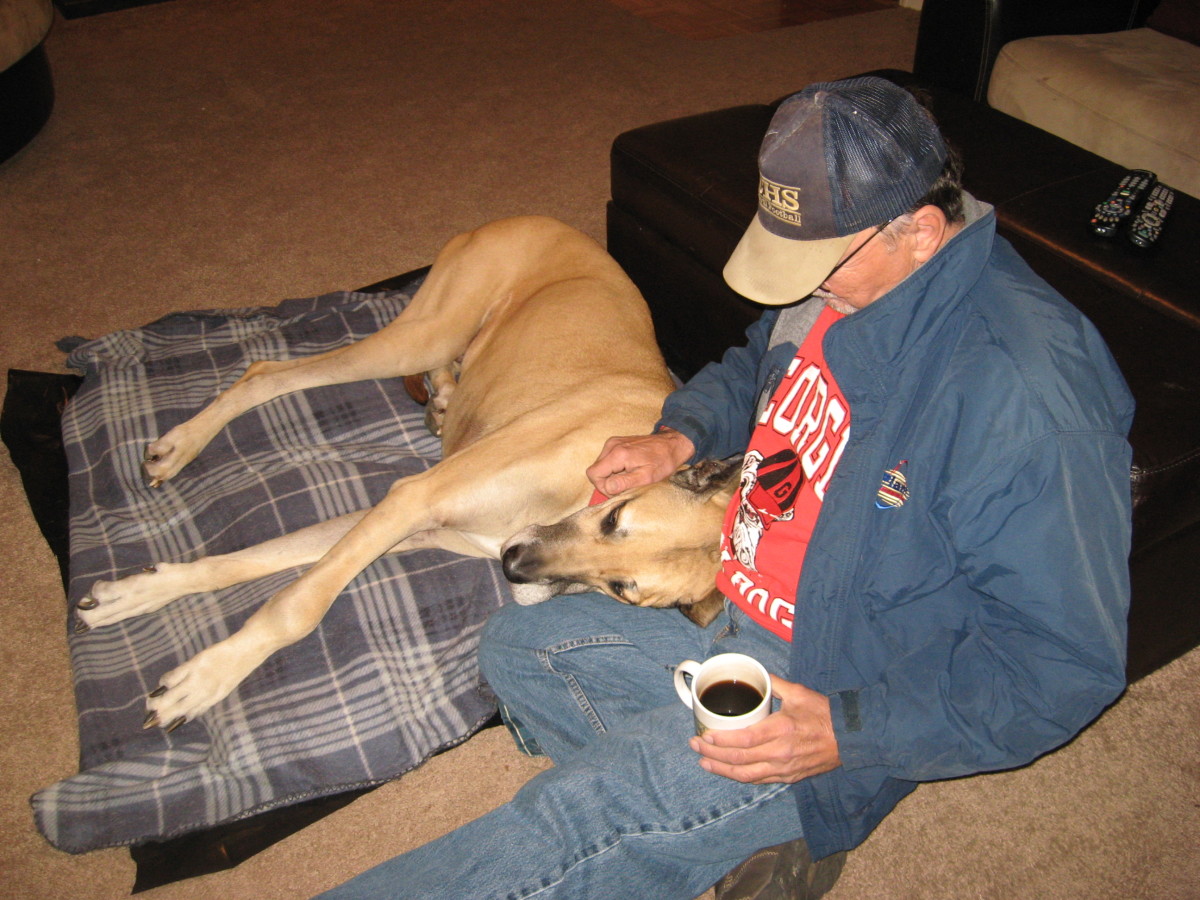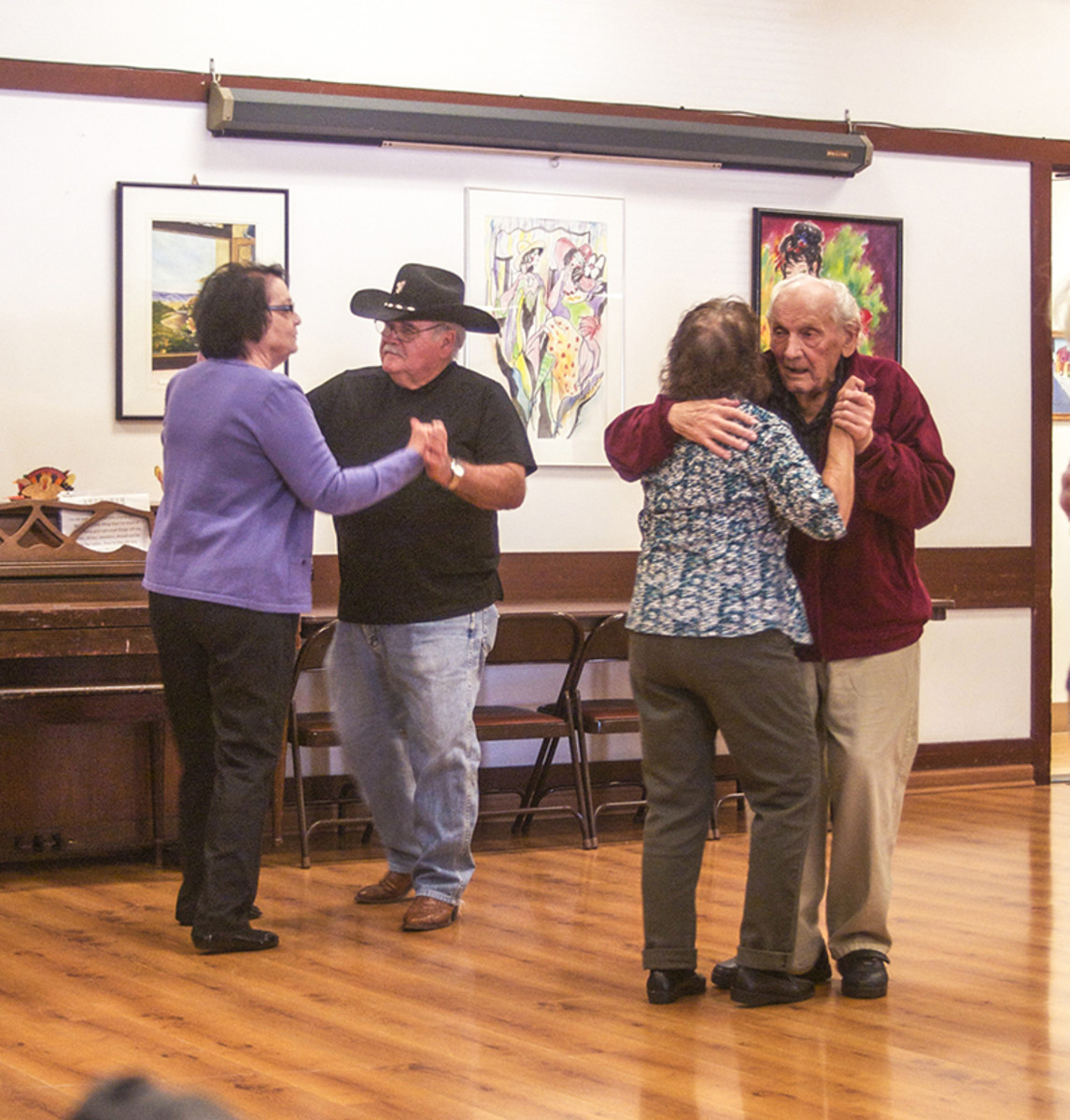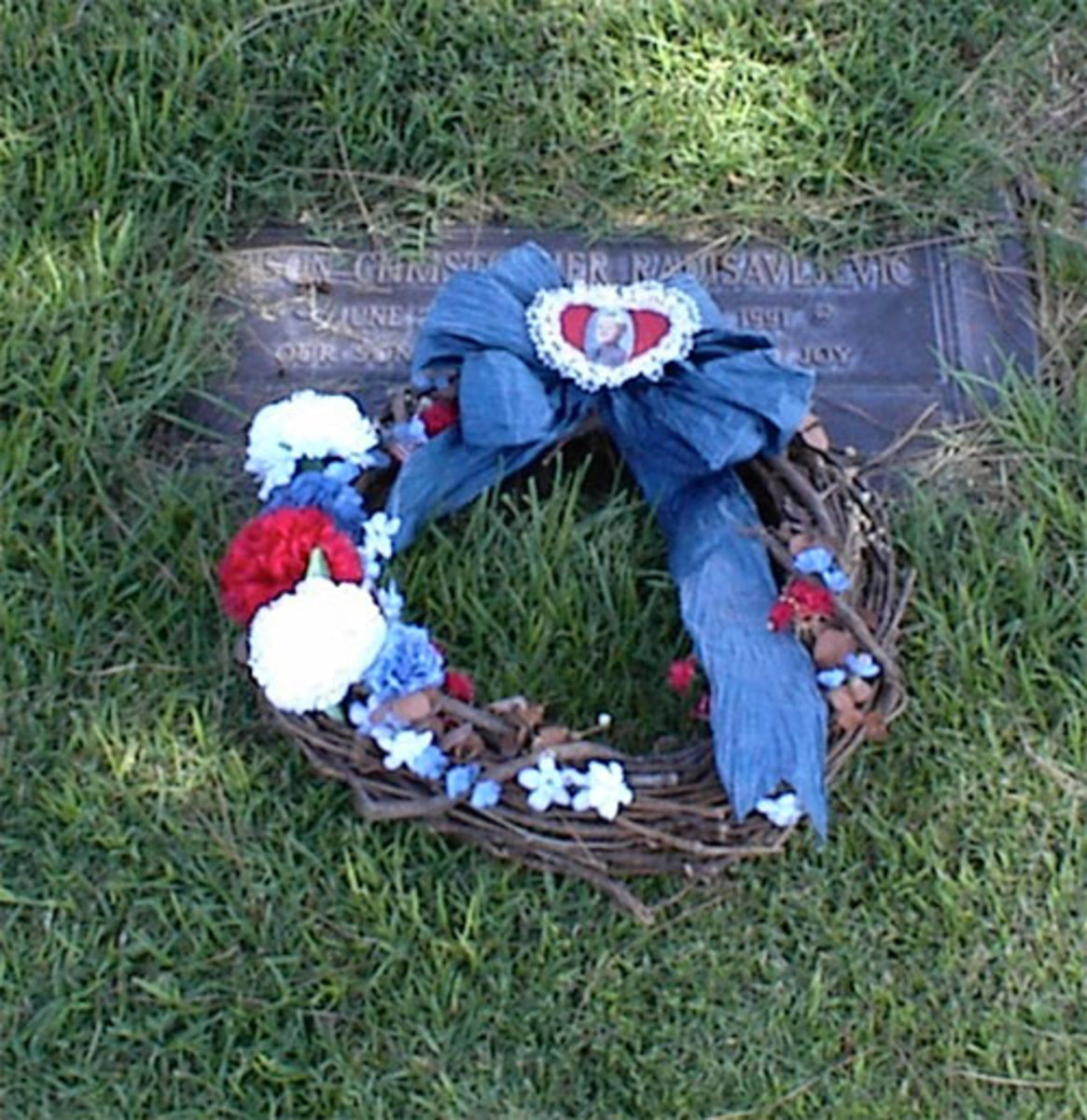DNA Archives - What They're For and How to Make Your Own.

Why Make a DNA Archive?
Collecting and storing human or animal DNA is easy, safe and quick. You may wish to purchase a DNA kit or you might prefer to make your own archive as described below.
Some people make DNA archives to ensure that, should disaster strike, the identification of bodies can be assured. Others believe keeping records of their children's DNA will help to keep them safe in an unsafe world.
Genealogists sometimes make DNA archives of as many living relatives as possible, wishing to store these as part of their research into their ancestry. Analysis of DNA can reveal much about racial ancestry and the international origins of a family.
Worries over inherited illnesses can be assuaged - or inflamed - by analysis of DNA, which can reveal the likelihood of a person either developing or passing on a particular disease.
Other people wish to verify paternity of children via DNA analysis.
Clones from DNA
Animal cloning has come a long way since Dolly the cloned sheep was born on 5 July, 1996, and thousands of animals have been cloned successfuly since then. DNA storage of endangered species may help to save them from extinction.
Some people choose to store their DNA in the hope that future sciences will be able to clone their body, usually for surgical benefits, experiments with cloned human embryos have already caused great controversy.
They believe that in the future, as human cloning techniques are improved upon, the process might offer the possibility of them being able to exchange their aged, tired or irreparably injured body for a new one via the deliberate implantation of the host's memories, beliefs and attitudes.
They consider that it is their mind which gives them their identity, and consequently a new, cloned body could be programmed with the same knowledfge and memories as the original. source person. That cloned body would become not just a physical duplicate of themselves but a psychological duplicate also; they would effectively become the same person . They might even have more than one body, giving a whole new meaning to multi-tasking.
But is this mere science-fiction?

Why DNA Cloning?
Cloning allows effective age-reversal, in that DNA taken from a aged or injured body can be used to re-grow a new, youthful and healthy body. The memories of the original donor could be implanted, using memory creation techniques which are already acknowledged to work.
Damaged organs could be regrown from DNA then transplanted. It is already possible to regrow some fully-functional organic tissues and organs in the laboratory.
Cloning is already in use as a way around infertility. It is also a way for same-sex couples to enjoy parenthood.
Some people believe cloning may be a route to immortality, by regenerating a new body for oneself when required.
DNA cloning may aid DNA research, leading to unforeseen medical breakthroughs for humans. For animals, the creation of DNA banks provide a possible way of helping endangered species from becoming extinct, as described in the short video below.
World's First DNA Bank - the "Frozen Ark"
How to Make a DNA Archive
Economical & Easy
DNA archiving kits are available to buy, such as that produced by 23andMe, but why not try making your own, home-made economical version?
One method is to pluck three or four hairs from your scalp. Be sure to have the 'bulb' of the follicle attached to the hair. Place this in a sterile airtight storage jar and clearly label it. Store it somewhere dark and cool.
A second method is to fill a sterile jar with surgical spirits. After brushing your teeth as normal, run a clean cotton bud up and down the inside of your mouth against your cheek, and also under your tongue. Do this for two or three minutes, then drop the cotton bud into the surgical spirits.
Seal and label the jar, and store this in a cool, dark place.
Some people like to make DNA archives for their pets too, in the hope of being able to clone them one day.
Note: The author or Hubpages accept no responsibility for the failure of either of these home-made DNA archives to work effectively.
Have a DNA Archive Party!
Why not have a DNA party?
Next time your friends and family plan a get-together, why not have a group DNA archiving session? Taking a DNA swab, either as described above or using commercial kits, doesn't take long, is very economical to set up, and it can help to build group bonds.
Be the first among your circle of friends to hold a DNA Party!
If nothing else, it will be a talking point!
I have DNA archives for myself and also of my pets, some of whom have since died of old age. Some of my friends have a collection of their friends DNA archives, and mine is right there among them.
What do you think?
Share Your Views in this Poll!
Would You Make a DNA Archive?
Further Reading...
- Cryonics
Will you live long enough to benefit from future sciences? Some people have plans to ensure this is a real possibility by having made arrangements for our bodies to be cryo-preserved.
© 2010 Adele Cosgrove-Bray







